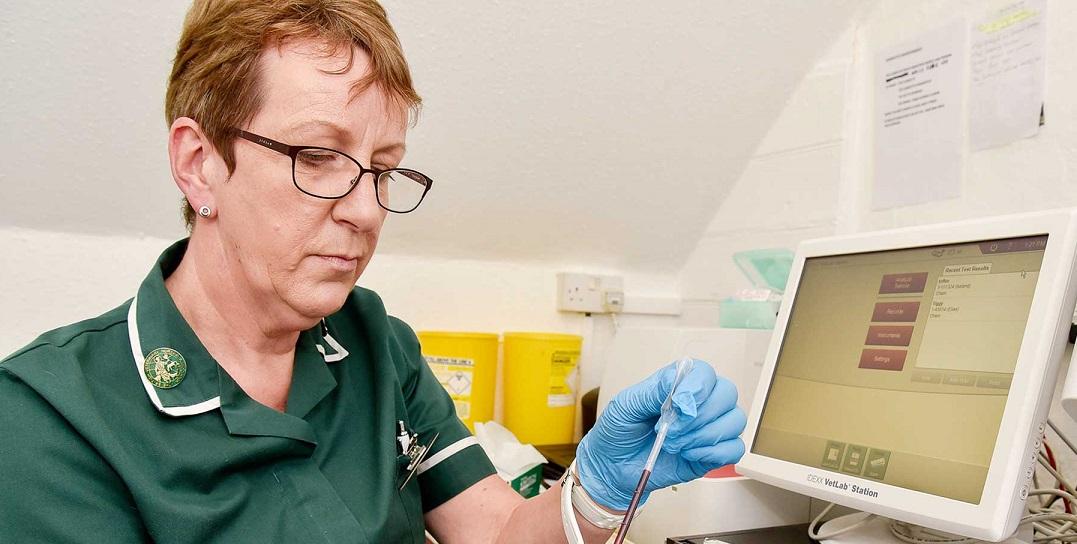Vaccinations
Vaccinations
Vaccinating your animal helps to protect them against potentially serious infectious diseases and is a vital part of preventative healthcare.
Most vaccines are given under the skin. A primary course consists of two vaccinations two to four weeks apart and from then on vaccination is required as a booster yearly. A full health check will be done as part of the annual booster which will allow us to identify any health concerns as early as possible to ensure the health of your pet. Most dogs can be vaccinated from eight weeks onwards.
As part of their core vaccines dogs are protected against:
- Distemper can cause a wide range of clinical signs including fever, nasal discharge, thickened pads, diarrhoea and fits. Sadly, this virus is often life-threatening, although thanks to vaccination it is now rare in the UK.
- Hepatitis affects the liver causing fever, lethargy and abdominal pain and can be fatal.
- Parvovirus is a highly contagious virus which causes severe bloody diarrhoea, resulting in dehydration which may be life-threatening.
- Leptospirosis is a bacteria spread by rodents and causes Weil’s disease in humans. Infected dogs can infect humans. Clinical signs vary, but in severe cases the liver and kidneys can be badly affected causing organ damage, which can be life-threatening.
Cats can be vaccinated from nine weeks onwards against:
- Feline panleukopenia virus causes severe gastroenteritis and depletion of white blood cells making up the immune system.
- Feline calicivirus is highly contagious and causes flu symptoms of sneezing, nasal discharge and conjunctivitis. Infected cats can also develop inflammation of the gums and mouth, as well as limping due to joint inflammation.
- Feline herpesvirus can cause flu symptoms such as sneezing, nasal discharge and in severe cases ulceration of the eyes. Once infected cats are persistently infected for life as the virus becomes latent, much like herpesvirus in humans.
- Feline leukaemia virus – infected cats shed the virus in saliva so it can be spread by biting or grooming. Cats can become persistently infected and can get severe disease from the virus such as anaemia, immunosuppression and cancer.
Rabbits can be vaccinated from seven weeks onwards against:
- Myxomatosis – this viral infection is fatal and spread from wild rabbits.
- Viral haemorrhagic disease – two strains of this virus exist (VHD 1 and VHD 2) which cause sudden death in rabbits.


